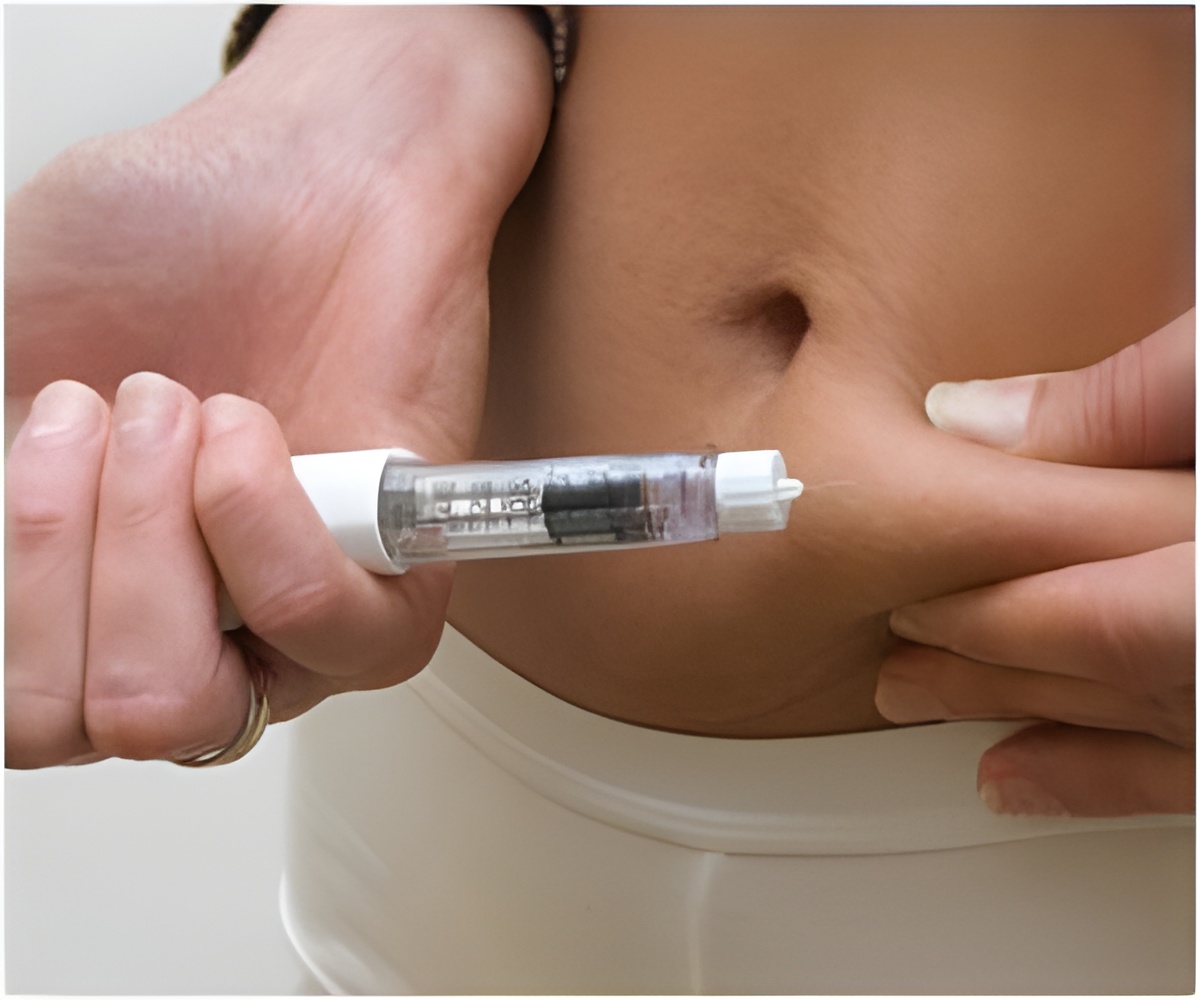Insulin pumps are more effective at controlling blood sugar than insulin injections and cause fewer complications, according to a new study.

The increasing use of insulin pump therapy over the last 15 years, particularly in children, has been driven by improvements in pump technology, the availability of insulin analogues, plus factors such as the results of the Diabetes Control and Complications Trial which established the benefits offered by improved blood sugar control. Despite this increased use, the outcomes of pump therapy continue to be debated. However there has been inadequate research into the long term effects of pump therapy in children, with many studies too short in duration or not recruiting enough patients.
In this study, a total of 345 patients on pump therapy were matched to controls on injections, with a mean age 11 years (range 2-19 years), with a mean duration of diabetes at the start of pump therapy of 4.1 years (range 6 months to 15.5 years) and a follow up of 3.5 years (range 0-10.5 years). The mean HbA1c reduction (a standard method for measuring blood glucose control) in the pump cohort was 0.6% (6.6 mmol/mol). This improved HbA1c remained significant until seven years of follow up (at which point the numbers in the study were too small to analyse the results with statistical confidence). Both groups started with the same HbA1c and max difference was 1% difference at 6 yrs: 7.6 % in the pump group and 8.6 % in the non-pump group.
Pump therapy reduced episodes of severe hypoglycaemia (dangerously low blood glucose) from 14.7 to 7.2 events per 100 patients per year. In contrast, severe hypoglycaemia increased in the non-pump cohort over the same period from 6.8 to 10.2 events per 100 patients per year (probably due to random variation). The rate of admission for diabetic ketoacidosis (a shortage of insulin causing the body to switch to burning fats and producing acidic ketone molecules which cause complications and symptoms, a frequent complication in children with T1DM) was lower in the pump cohort than in the non-pump cohort (2.3 vs 4.7 per 100 patients per year) during follow up.
Of the 345 patients on pump therapy, 38 ceased pump therapy during the course of the study; 6 of these were in the first year of treatment, 7 in the second year of treatment, 10 in the third year of treatment with the remainder ceasing treatment after at least 3 sequential years on pump therapy. Some children stop because they become tired of the extra attention needed to manage pump and/or concerned about the physical sight of the pump. Other children sometimes take a temporary 'pump holiday' and then recommence pump use.
Dr Davis concludes: "This is the largest study of insulin pump use in children. It also has the longest follow up period of any study of insulin pump therapy in children. Our data confirm that insulin pump therapy provides an improvement in glycaemic control which is sustained for at least seven years... Children and adolescents with poor control had the greatest reduction in HbA1c with insulin pump therapy...Although this is not a randomised trial, it is 'real life' experience in a large population based sample over a prolonged time period and as such provides important information."
Advertisement
Source-Eurekalert















